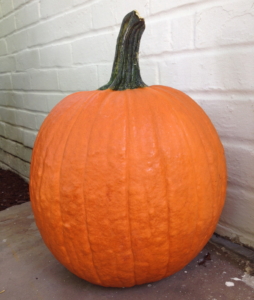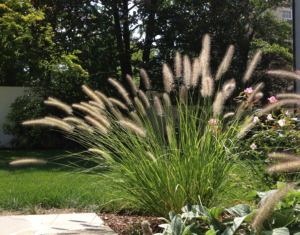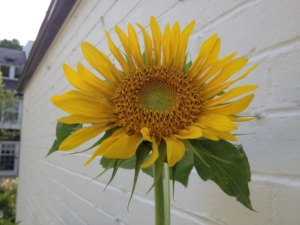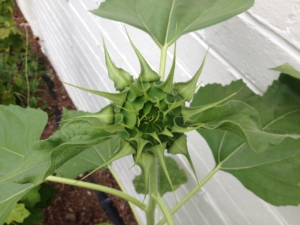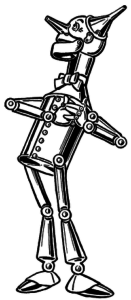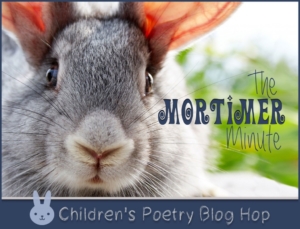
Today I’m participating in The Mortimer Minute, a bunny hop through the children’s poetry blogosphere. The Hop was started by April Halprin Wayland with these guidelines:
1) Pose and answer three questions you’ve always wanted to be asked in an interview about children’s poetry. (Ideally, use one question posted by the person who invited you to the Hop.)
2) Invite one, two, or three other bloggers to go after you.
3) In your post list the names of the bloggers you invited and give the dates when they’ll be posting.
April tagged Laura Shovan who tagged Janet Flagal who tagged me. Unfortunately, Janet’s post has been delayed but I will jump ahead.
Do you compose on paper or on a computer?
I like starting poems in my notebook on old-fashioned paper. Starting on paper with a carefully chosen pen allows me to get the flow and rhythm going without interrupting myself with revisions. It also allows me to write when I’m away from my desk (otherwise known as the kitchen table). After I have a first draft, I move to my computer so that I can revise more easily. I try to save my drafts. I write one, copy it, paste it above and revise. I do this over and over until I have a draft I’m happy with. I save my drafts so I can see how far I’ve come, so I can go back if I prefer something in an earlier draft, and so I can show students how terrible my first drafts are.
What’s your favorite “serious” poem for kids?
I love funny poems and looking-close-at-nature poems, but I also love poems that address the harder parts of being a human. One of my favorite poetry anthologies is The 20th Century Children’s Poetry Treasury edited by Jack Prelutsky. The theme of pages 64-65 is hard feelings. I love these poems: “The Bad-Mood Bug” by Brod Bagert, “Mad Song” by Myra Cohn Livingston, “When I Was Lost” by Dorothy Aldis and “Moving” by Eileen Spinelli. Can’t we all relate to the heavy feeling of being lost, the pain of moving, and the urgent need to slam a door?
If you could have any “superpower” what would it be?
I wish I could talk to animals. I have some questions for the squirrels who have been pelting me with hickory nuts.
I have tagged Cynthia Grady who is a poet and a middle school librarian and has written a gorgeous book of poetry entitled I Lay My Stitches Down: Poems of American Slavery. The poems incorporate history, quilting, music, religion, art and so much more. I hope Cynthia will have time to hop next Friday.
I have also tagged Ruth at There is no such thing as a God-forsaken town. I always enjoy Ruth’s posts and I saw this hop as a chance to get to know her a little better. She plans to post next Friday.
For more Poetry Friday, visit DoriReads.
